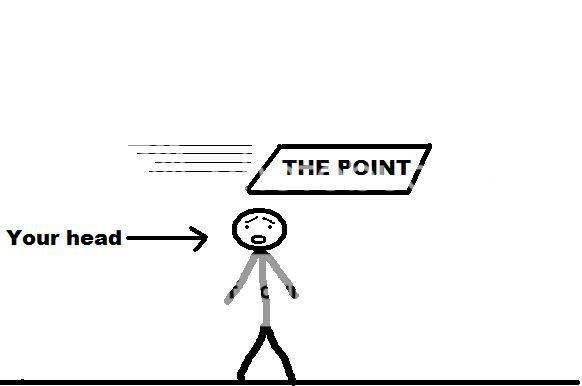JimBowie1958
Old Fogey
- Sep 25, 2011
- 63,590
- 16,753
- 2,220
- Thread starter
- #21
I was not reminded of you in any way.Attacked? No, of course not. I do feel like I am being trolled however.Are you actually thinking you were attacked there, dude?
Do you feel like you have a history of trolling or mockery?
I have not noticed that of you.



 ...And the value of shifting from one extreme to another is...
...And the value of shifting from one extreme to another is... 